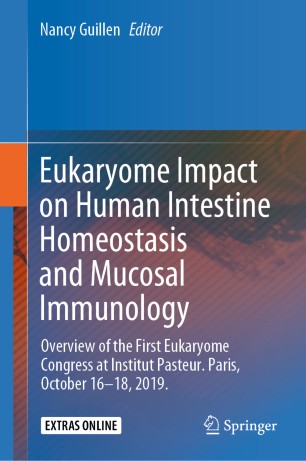

Most ebook files are in PDF format, so you can easily read them using various software such as Foxit Reader or directly on the Google Chrome browser.
Some ebook files are released by publishers in other formats such as .awz, .mobi, .epub, .fb2, etc. You may need to install specific software to read these formats on mobile/PC, such as Calibre.
Please read the tutorial at this link: https://ebookbell.com/faq
We offer FREE conversion to the popular formats you request; however, this may take some time. Therefore, right after payment, please email us, and we will try to provide the service as quickly as possible.
For some exceptional file formats or broken links (if any), please refrain from opening any disputes. Instead, email us first, and we will try to assist within a maximum of 6 hours.
EbookBell Team

0.0
0 reviewsMultiple demographic or economic parameters contribute to the origin of emerging infections, for example: poverty, urbanization, climate change, conflicts and population migrations. All these factors are a challenge to assess the impact (present and future) of parasitic diseases on public health. The intestine is a major target of these infections; it is a nutrient-rich environment harbouring a complex and dynamic population of 100 trillion microbes: the microbiome. Most researches on the microbiome focus on bacteria, which share the gut ecosystem with a population of uni- and multi cellular eukaryotic organisms that may prey on them. Our interest focuses on the families of eukaryotic microbes inhabiting the intestine, called “intestinal eukaryome”, that include fungi, protists and helminths. Knowledge on the reciprocal influence between the microbiome and the eukaryome, and on their combined impact on homeostasis and intestinal diseases is scanty and can be considered as an important emerging field. Furthermore, the factors that differentiate pathogenic eukaryotes from commensals are still unknown. This book presents an overview of the science presented and discussed in the First Eukaryome Congress held from October 16th to 18th, 2019 at the Pasteur Institute in Paris.
This book covers the following topics: